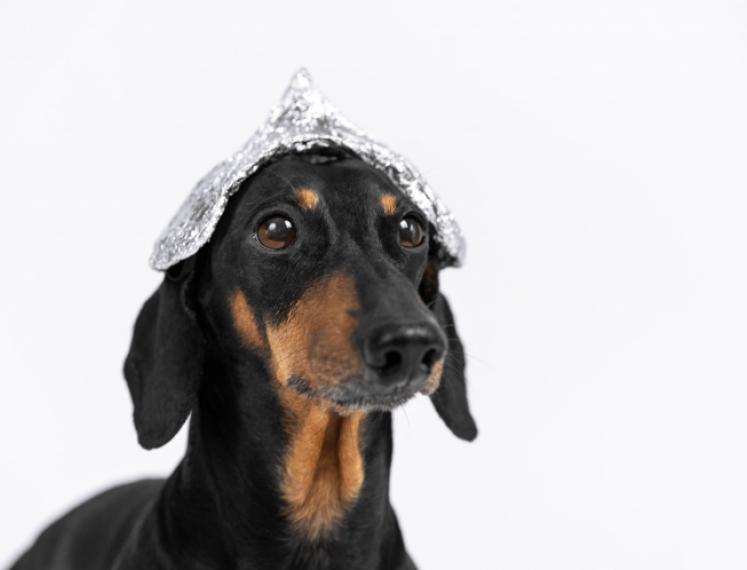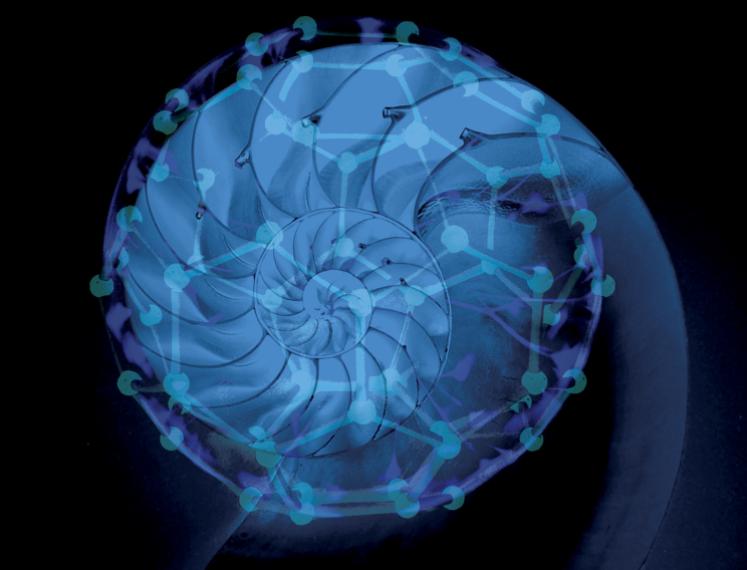
Why Do We Believe in Conspiracy Theories?
Conspiracy theories about the corona virus reached the Netherlands before the actual corona virus did. People spread different theories of how the corona virus started. Some people believe it was created in a lab and used as a biological weapon, other people seem to think that the corona virus has something to do with the radiation from 5G networks. But why do people believe in these conspiracy theories?
Karen Douglas is a professor in social Psychology. She studies the psychology of conspiracy theories at the University of Kent, United Kingdom. During her talk The Psychology of Conspiracy Theories for Studium Generale Groningen on Wednesday 12 May, she explains why people believe in conspiracy theories and if they are harmful.
Douglas explains that people tend to believe in conspiracy theories when their psychological needs are not met. People have an epistemic need, a need to know why. We want to be certain about the world around us. For some of us conspiracy theories give the information that we need. It is mostly about reducing uncertainty and finding meaning. Lower educated people and people with a low level of analytical thinking have a higher tendency to believe conspiracy theories.
The second psychological need, the existential need, is our need to feel safe and secure in our environment. People may tend to conspiracy belief when these needs are threatened, when they are anxious, feel powerless, lack socio-political control and are unable to control outcomes.
The third and last psychological need that has to be met has to do with our social needs. People have a desire to belong and have a good feeling about themselves. Conspiracy theories usually blame other people. If you believe in them, you and your group do nothing wrong, because is it always someone else’s fault.
Conspiracy theories can be harmful. People that heard about political conspiracy theories are less likely to vote. They can also change peoples mind, without them being aware of it. What can we do about conspiracy theories? And how should we speak with people that believe in conspiracy theories? This is now more important than ever. Always threat people with respect, these people are lacking some psychological needs. Don’t laugh at them or alienate them. Try to get them to question their evidence. You could give them information and hope they will see the light about the theories.


